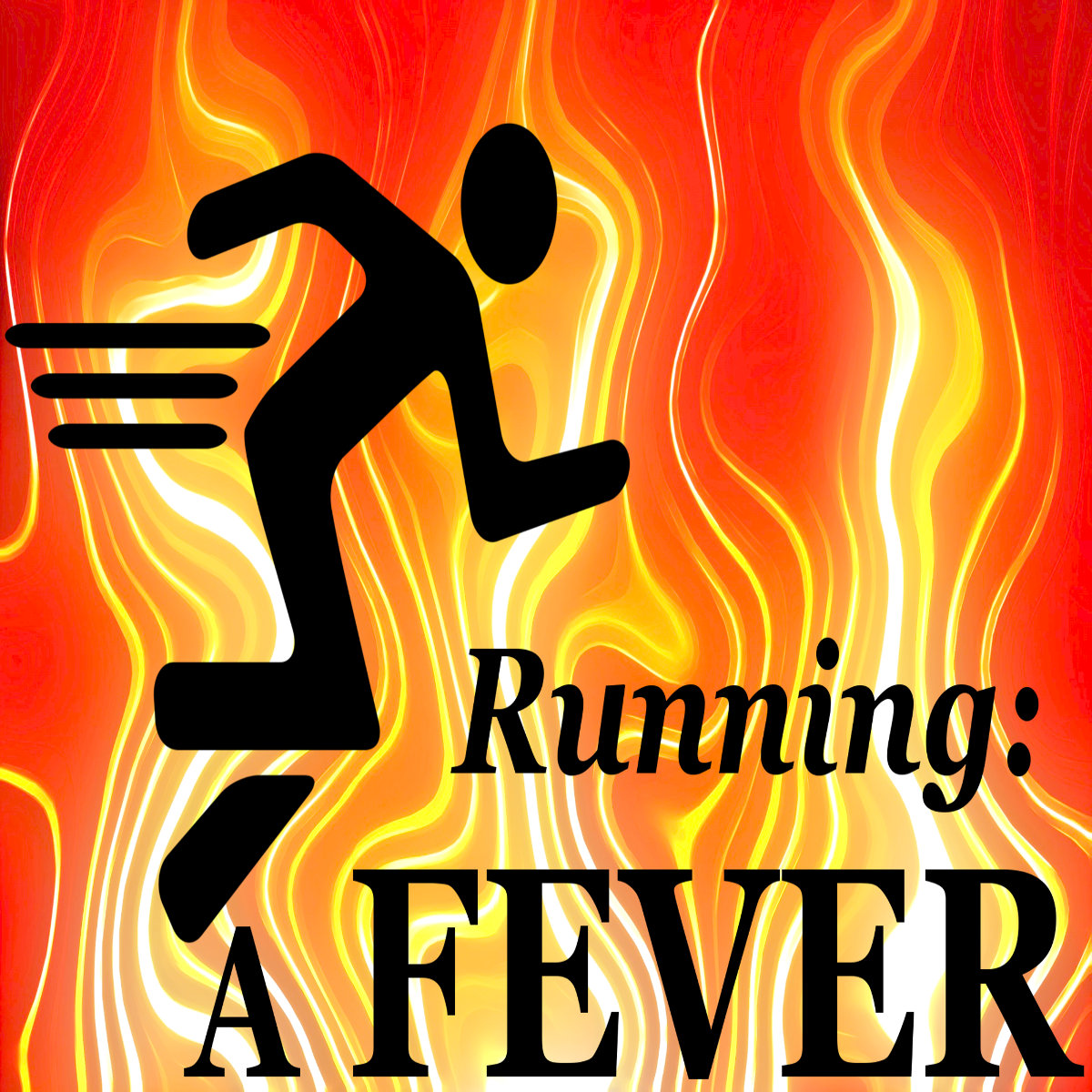Welcome to the 9th in our 17-part series on dementia. About 50 million people suffer from dementia worldwide. It is a debilitating disease, but it may be preventable. So I’ve set out to learn as much as I can and bring you along with me.
By now, if you’ve been with me, you know what dementia is, and you know some of the different types. Today we’re going to talk about preventing dementia, which is the whole point, right? As you might expect, this is where my main interest lies in this series. I mean, you need to know something about the enemy before you set about fighting him, but the fight is the thing, and like Sun Tsu said in the art of war, “The greatest victory is that which requires no battle.” So that’s what we’re going to do. We’re going to defeat dementia before we have to fight it.
Everything I read, every book, every article, every blog post, seems to start with, or at least contain, the word “unfortunately”. So I’m going to flip the polarity switch and start with “fortunately”.
FORTUNATELY, adopting a healthy lifesytely can help reduce your risk of developing dementia. It can also reduce your chances of getting cardiovascular disease, which kills over 600,000 Americans every year, and stroke, which kills almost 150,000 each year. These are both risk factors for Alzheimer’s (which kills over 120,000) and VAD. So if these problems were birds and a healthy lifestyle was a stone, you could kill 3 birds with one stone. I think Sun Tsu would say that’s pretty efficient.
I have a whole list of things you can do, and most of these come straight from a book I found at the grocery store checkout line alongside the tabloids.
Keep Cognitively Fit:
Stimulate your mind by reading, doing sudoku or crosswords or jigsaw puzzles, even playing games. These types of activities stimulate growth of new neurons and connections. This is like building roads and bridges in your noggin. More ways for information to move around in your brain. How big of an advantage would that be? You could potentially become an evil genius! or a benevolent one i guess.
Eat a Healthy Diet:
A healthy diet can decrease your risk of getting dementia, that’s a fact. Fish, fresh vegetables and fruit, whole grains, nuts, and legumes (remember the bean episode? It was awesome, trust me, #124. If you’re listening and you want to start a health-related podcast, do it on beans, I’m pretty sure there ain’t one yet, and there’s plenty of material). Anyway, you should probably listen to every episode of RAF just be to be sure.
Exercise:
Even if you already have cognitive impairment, exercise can help reduce the effects. 30 minutes of vigorous exercise 3 or more times a week, but every little bit helps. if you are doing nothing’ right now, just getting up and walking around througout the day can help. Start slow and keep building.
Manage cardiovascular risk factors:
High blood pressure, high cholesterol, buildup of fats in artery walls, obesity, what’s good for your heart is good for your brain. Get these numbers in your annual physical and take steps to manage them.
Quit smoking:
Smoking causes your blood vessels to narrow, thus raising blood pressure. So quitting is a big step in reducing risk of dementia.
Be Social:
Connect with other people through a church, a hobby, a club, classes. find people whose interests you share, and spend time with them. This can keep you mentally healthy.
Sleep:
7-9 hours of quality sleep per night is recommended for most people. Definitely get screened for a sleep disorder if you snore or have trouble sleeping.
Get your vitamins:
Insufficient levels of vitamins like vitamins D, B6, B12, and folate may increase dementia risk. It’s generally considered best to get these through foods as opposed to supplements, but in any event you want to get enough. You can get tested for vitamin levels too during your annual physical for a few extra bucks.
So, I threw a bunch of stuff at you today and it was a mixed bag, but be of good cheer, there is more to come. There are another 6 episodes going in to more detail on these various ways to keep your brain healthy for a long time. In the next 2 episodes we’re going to learn even more about how the brain works, especially memory, and how aging affects the brain. Then the last 6 episodes are all about the steps we need to take to prevent cognitive decline. I’m looking forward to learning all that and putting it into action.
References:
Outsmart Dementia. (2020). The latest tools for controlling cognitive health — preventing dementia and Alzheimer’s disease. Morton Grove, IL: Publications International, Ltd.
https://www.cdc.gov/nchs/fastats/leading-causes-of-death.htm
